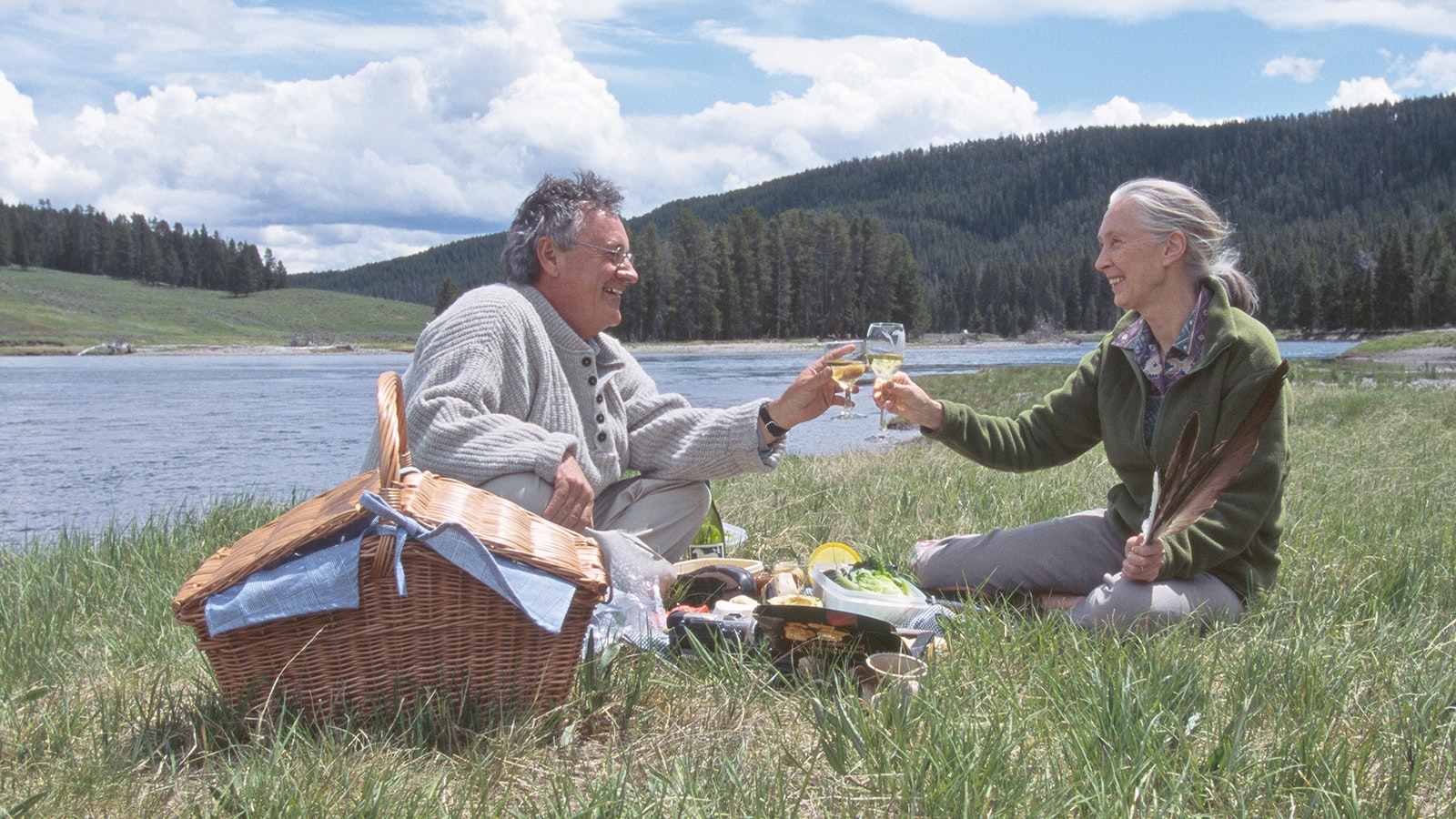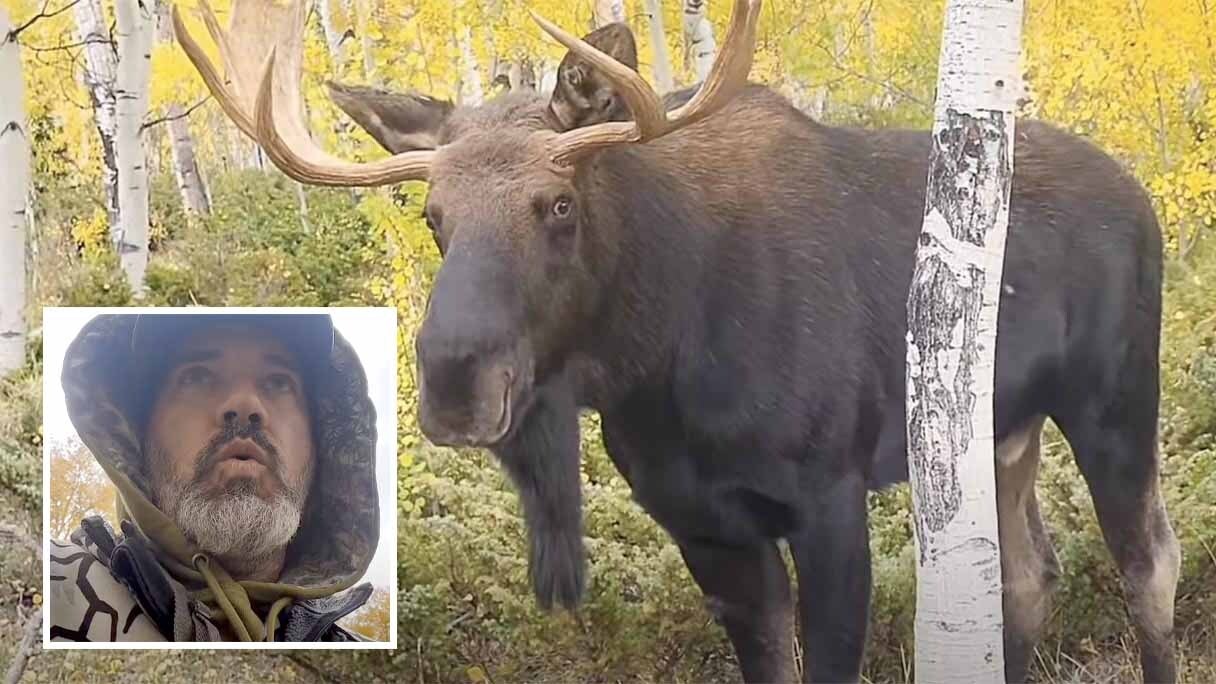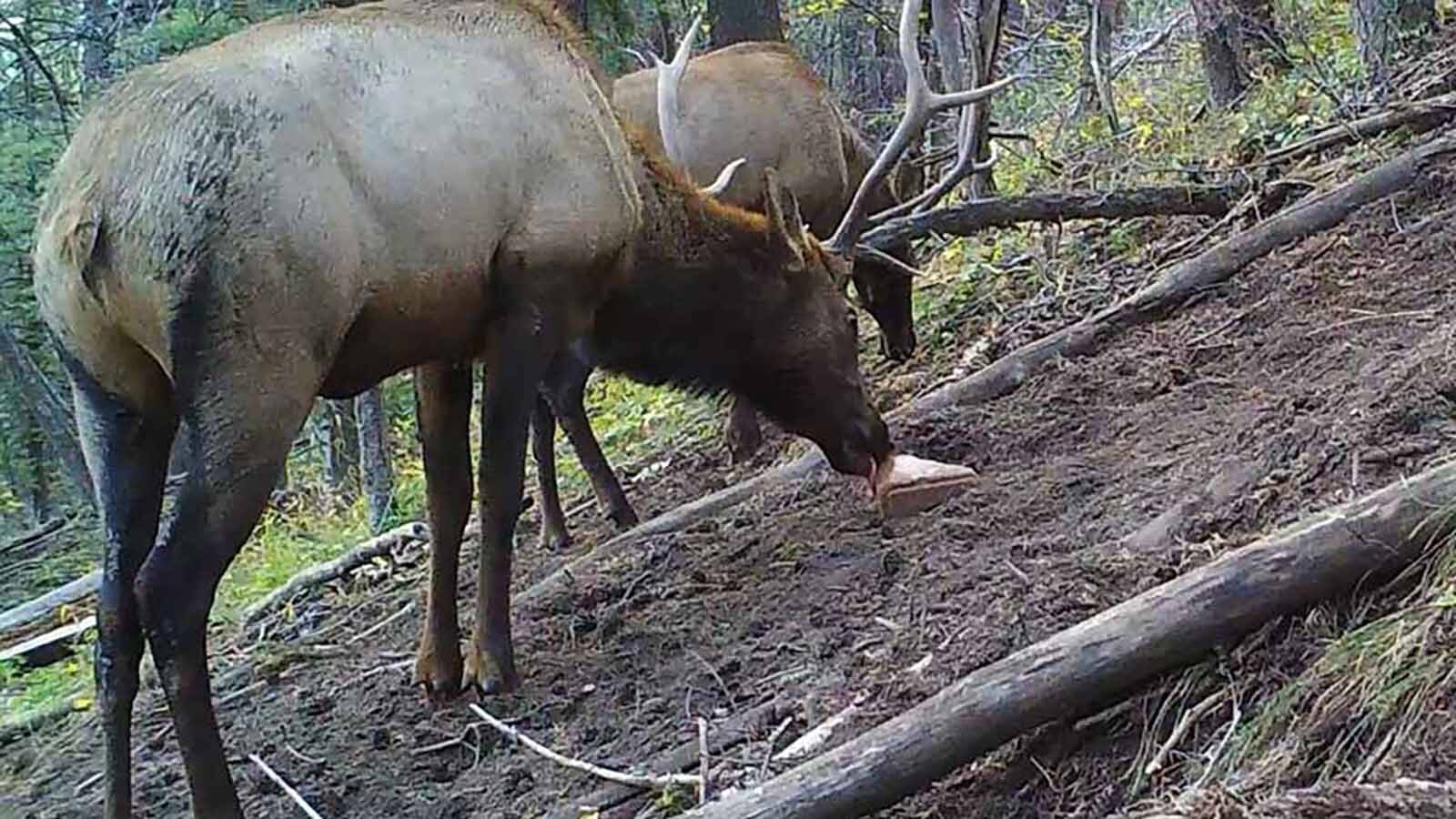If a wildlife photo seems too good to be true, there’s a good chance that it was staged using a captive animal, a practice prominent Wyoming wildlife photographers say is unethical and exploitive.
So-called “game farms” — where animals such as mountain lions, grizzlies and wolverines are kept in captivity — are less common than they used to be.
There are still some around, however, famed wildlife photographer Tom Mangelsen said.
Wyoming has no such facilities, Wyoming Game and Fish Department spokeswoman Amanda Fry told Cowboy State Daily.
According to Wyoming statutes, the private ownership of animals classified as big game or trophy game is forbidden here.
In states where game farms are legal, such operations might charge visitors for a chance to view or photograph wildlife, or provide animals for stock photos or films, Mangelsen said.
He's been a vocal opponent of game farms and captive animal photography since the early 1990s.
He argues that there animals are sometimes kept in miserable conditions, and that images of captive wildlife undermine the ethics of true wildlife photography.
“It’s bullshit on top of bullshit on top of bullshit,” he said.
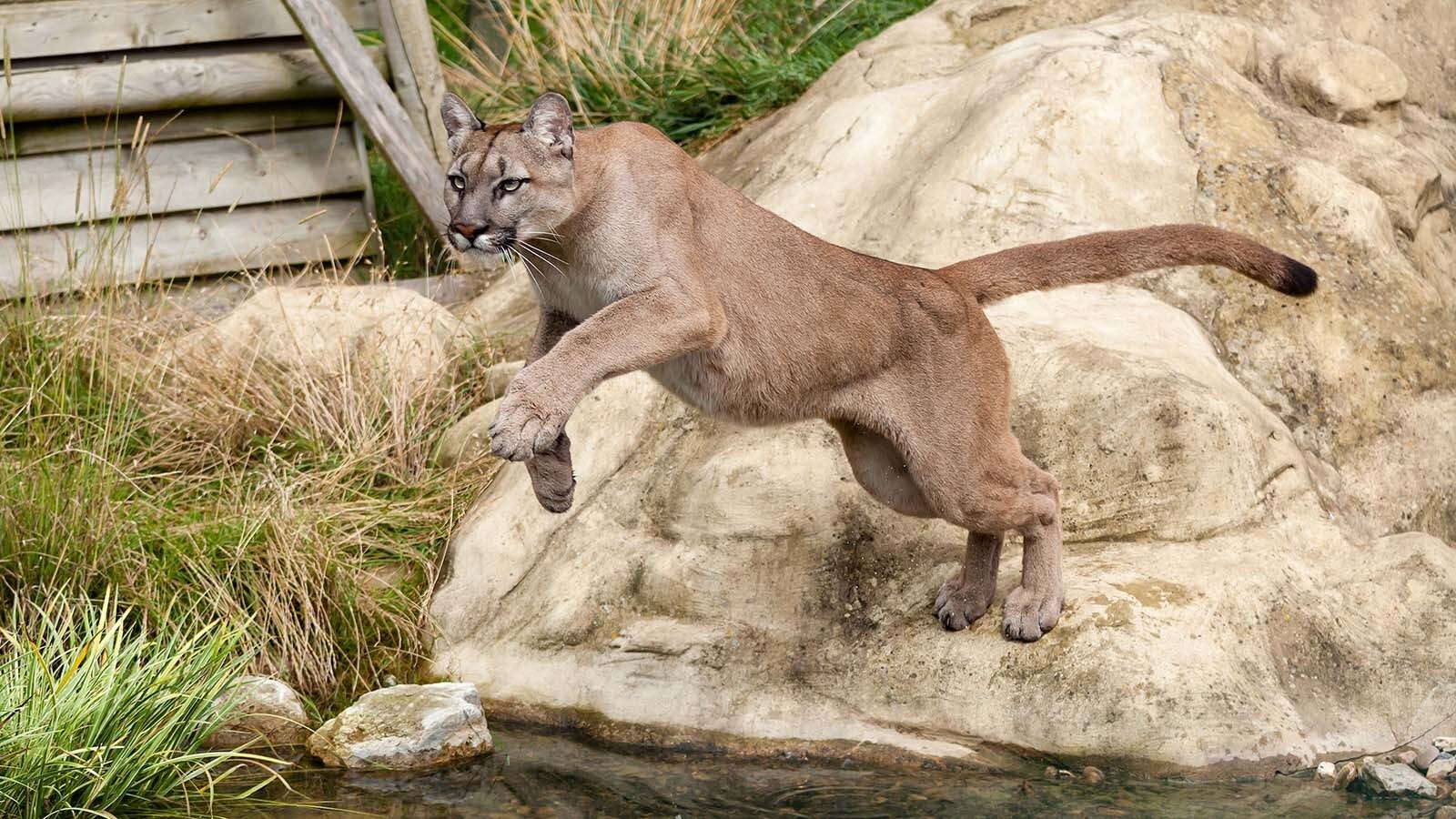
The Leaping Mountain Lion
One example of staged wildlife photography are images of mountain lions leaping across rocky gorges.
The mountain lion might be photographed close-up “stretched out against a clear blue sky,” Mangelsen said.
Mountain lions are incredibly elusive, so being in just the right place at just the right time to capture such a shot would be nearly impossible, he said.
The photos are almost certainly staged with a captive mountain lion, he said.
Wyoming wildlife photographer Jorn Vangoidtsenhoven agrees.
“Most ‘amazing’ up-close images you see of a mountain lion jumping in a beautiful rocky setting were taken at a game farm,” he said. "The handler lets them out of the cage, photographers get ready, and the cougar gets baited to jump.
“Not my cup of tea. Other than the fact that it’s not exactly ethical wildlife photography, I don’t support wildlife being raised or captured for allowing some lazy photographers to get some images.”
Wildlife photographer Savannah Rose said staged images of big cats are rampant.
“Pretty much all the mountain lion and snow leopard photos you see are fraudulent,” she said.
A Question Of Ethics
Mangelsen and other wildlife photographers told Cowboy State Daily that the ethics of captive wildlife operations are questionable.
“I’ve never visited one, nor would I ever want to visit one. From what I understand, the practices are awful and most are very unethical,” said wildlife photographer and conservationist Julie Argyle.
Rose said she has serious concerns about how captive animals are treated.
“Game farm pictures still oversaturate the market with fraudulent scenes of captive animals that sell a false narrative of animal behavior to the public, which is problematic in its own ways,” she said. "But bottom line, they’re egregiously abused animals.
"Look into the FOIAs on some of these places, the documents of violations are absolutely horrific."
“These photos are the dark underbelly of the ‘wildlife’ photography industry,” Rose added.
Wildlife photographer Isabella Smedley said that facilities should be geared toward educating the public about wildlife, rescuing animals and, whenever possible, rehabilitating animals to be released back into the wild.
“I may be wrong, but many of those that offer photographic opportunities of wildlife have very little regulation,” she said. "As wildlife photographers, we know feeding animals is not ethical, but baiting unfortunately is alive and well in many of the places that offer those opportunities.
"When it comes to making money, the wildlife is always at risk."
The Animals’ Fate
Mangelsen said one of his biggest concerns is animals being abandoned or killed once they’ve outlived their usefulness.
“They (game farm operators) might kill the animals themselves. Or sell them off to canned hunting operations in other states,” he said.
Rose agreed that’s a problem. In states with looser regulations, animals aren’t kept in a manner that meet the standards of accredited zoos.
Animals are “kept in tiny pens hidden from the public, and they breed them every year to give people the ‘cute baby’ workshops, then kill off whatever animals are no longer of good use as ‘actors’ to them — and part them up and sell the furs like they’re a broken-down car,” she said.
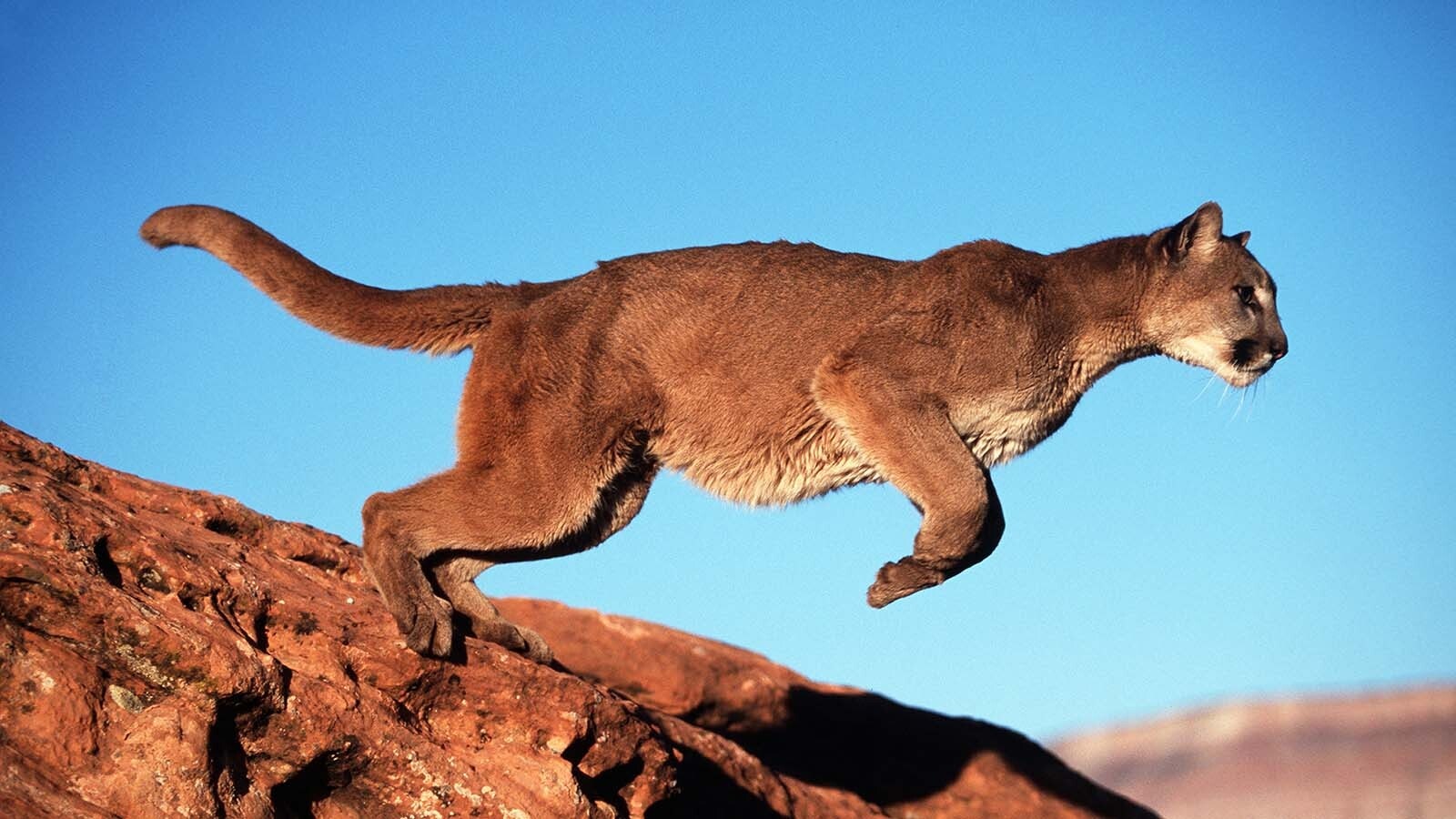
A Thing Of The Past?
Mangelsen said his opposition to game farms sprouted from things he saw at an operation called Animals of Montana.
He recalled instances of predator and prey animals being put into crates and stacked together on the same truck to be moved for remote location photo or films shoots.
“There were natural enemies all stacked together. They were all in the dark, smelling each other,” he said.
Animals of Montana was shut down in 2020 by Montana Fish, Wildlife and Parks, and the District Court of Lewis and Clark County upheld FWP’s decision, according to reports from the time.
Game Farms are far less common than they were 30 years ago, Daniel Cox, a member of the board of directors for North American Nature Photography Association (NANPA), told Cowboy State Daily.
Cox said he participated in captive animal photography in the 1990s, but no longer does it, and doesn’t approve of it.
He noted that “Tom Mangelsen was very instrumental in bringing attention to this vile industry.”
NANPA’s official policy opposes promoting game farms or using images taken on game farms.
Rose said she thinks there are still too many game farms.
“The only reason they might be perceived as a 'thing of the past' is because they constantly get shut down for absolutely abhorrent animal welfare violations,” she said.
A person with inside knowledge of captive animal operations, who spoke to Cowboy State Daily on the condition of anonymity, said that the industry is waning.
For instance, the demand for live animal actors has gone down because filmmakers increasingly use computer-generated images for scenes involving wild animals, the source said.
Also, the source said the operation they’re most familiar with follows strict licensing standards regarding animal welfare.
Mark Heinz can be reached at mark@cowboystatedaily.com.



